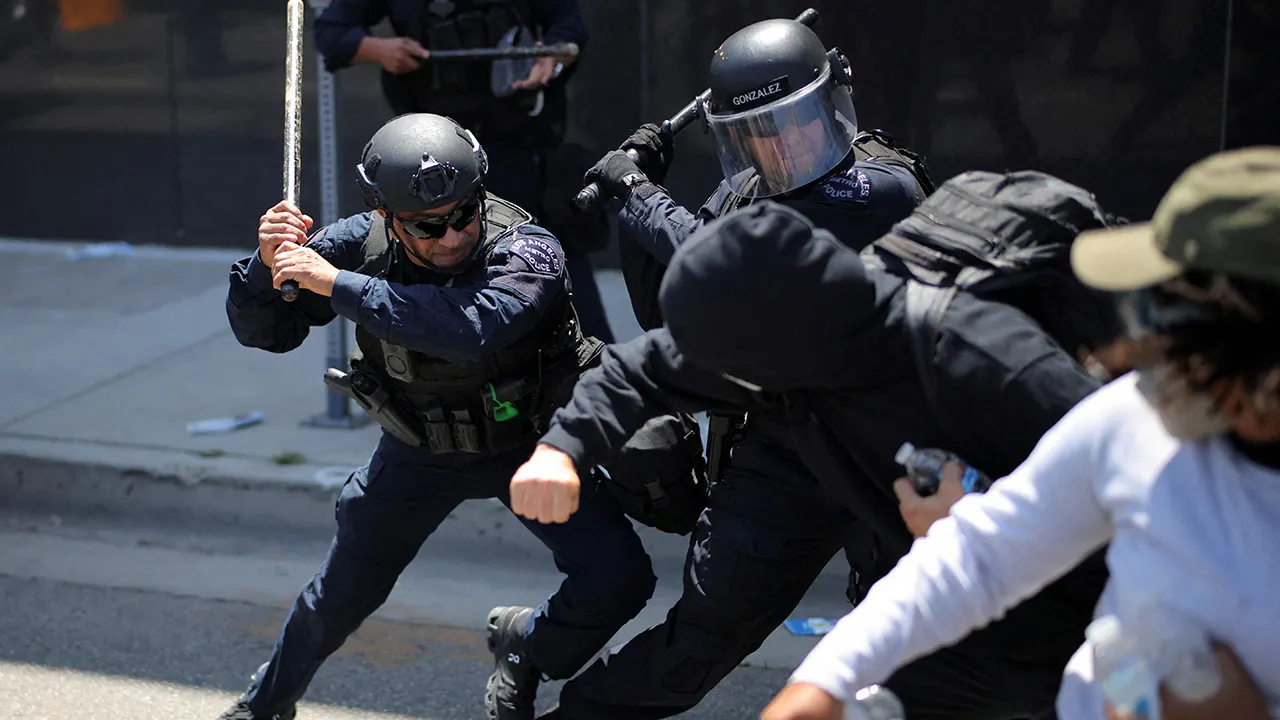Tragedy Strikes in Mogadishu: Suicide Bombing Claims Lives at Army Recruitment Event
A suicide bomber detonated an explosive device at a military recruitment center in Mogadishu on Tuesday, killing at least 10 people and wounding dozens more. The attack, which targeted young men enlisting in the Somali National Army, occurred during peak morning hours in the capital’s bustling Aden Adde International Airport zone. While no group has claimed responsibility, authorities suspect al-Shabaab militants orchestrated the assault to undermine government forces.
Chaos and Carnage at Recruitment Drive
Eyewitnesses described scenes of horror as the blast ripped through a crowd of hopeful recruits gathered outside the facility. “I saw bodies scattered everywhere—some missing limbs, others burned beyond recognition,” said Ahmed Mohamed, a street vendor who rushed to help the wounded. The explosion shattered windows in nearby buildings and sent plumes of black smoke billowing into the sky.
Key details about the attack:
- Casualties: 10 confirmed dead, 15+ critically injured
- Location: Highly secured area near airport military complex
- Timing: 8:30 AM local time when queues were longest
- Method: Suicide bomber disguised as a recruit
Security Failures and Rising Threats
The bombing marks the deadliest attack in Mogadishu since February 2023, exposing glaring vulnerabilities in the city’s counterterrorism measures. Security analyst Fatuma Abdullahi noted: “This was a calculated strike exploiting predictable patterns—recruitment centers follow set schedules, making them soft targets.” The incident follows a 27% increase in al-Shabaab operations since January, per United Nations data.
Government officials face mounting criticism over:
- Inadequate vetting at high-traffic security checkpoints
- Failure to implement biometric screening for recruits
- Intelligence gaps regarding imminent threats
Al-Shabaab’s Campaign Against State-Building
The militant group, which controls swaths of rural Somalia, has consistently targeted military recruitment drives to cripple the government’s capacity. “These attacks aim to terrify young men from joining the army while demonstrating al-Shabaab’s reach,” explained Dr. Omar Hassan, a Horn of Africa security specialist. The group generates an estimated $120 million annually through extortion and smuggling—funds that fuel its insurgency.
Recent patterns in militant activity:
- Shift from remote outposts to urban centers
- Increased use of human bombers over vehicle-borne devices
- Strategic timing during political transitions
Government Response and Regional Implications
President Hassan Sheikh Mohamud declared three days of national mourning while vowing to “redouble counterterrorism efforts.” The African Union Transition Mission in Somalia (ATMIS) pledged additional surveillance drones and rapid response teams. However, regional tensions simmer as Ethiopia and Kenya heighten border security, fearing spillover violence.
Critical next steps for stabilization:
- Overhauling recruitment center security protocols
- Accelerating U.S.-trained Danab Brigade deployments
- Securing $2.6 billion in pledged international aid
Human Toll Beyond the Headlines
Among the dead was 18-year-old Abdiqani Yusuf, who joined the army to support his famine-displaced family. His sister, Halima, wept outside Mogadishu’s Erdogan Hospital: “He wanted to protect our country. Now we’re burying him instead.” The attack leaves seven newly orphaned children, according to Somali Red Crescent records.
The bombing also:
- Disrupted critical malnutrition screenings for 200+ families
- Forced closure of nearby schools and clinics
- Triggered panic buying that doubled food prices in local markets
Path Forward: Security vs. Reconciliation
As forensic teams scour the blast site, debate intensifies between hardline “eradication” proponents and advocates for negotiated settlements with moderate al-Shabaab factions. With the UN Security Council reviewing Somalia’s arms embargo this month, the attack may influence decisions about military aid restrictions.
International observers urge:
- Conditional lifting of the embargo to bolster Somali forces
- Stricter oversight of military assistance funds
- Parallel investment in deradicalization programs
The international community must act decisively to prevent Somalia from sliding back into chaos. Consider supporting vetted humanitarian organizations providing trauma care to attack survivors. As Mogadishu buries its dead, the world watches whether this tragedy will galvanize meaningful change or become another grim statistic in Somalia’s long conflict.
See more CNN Headline



